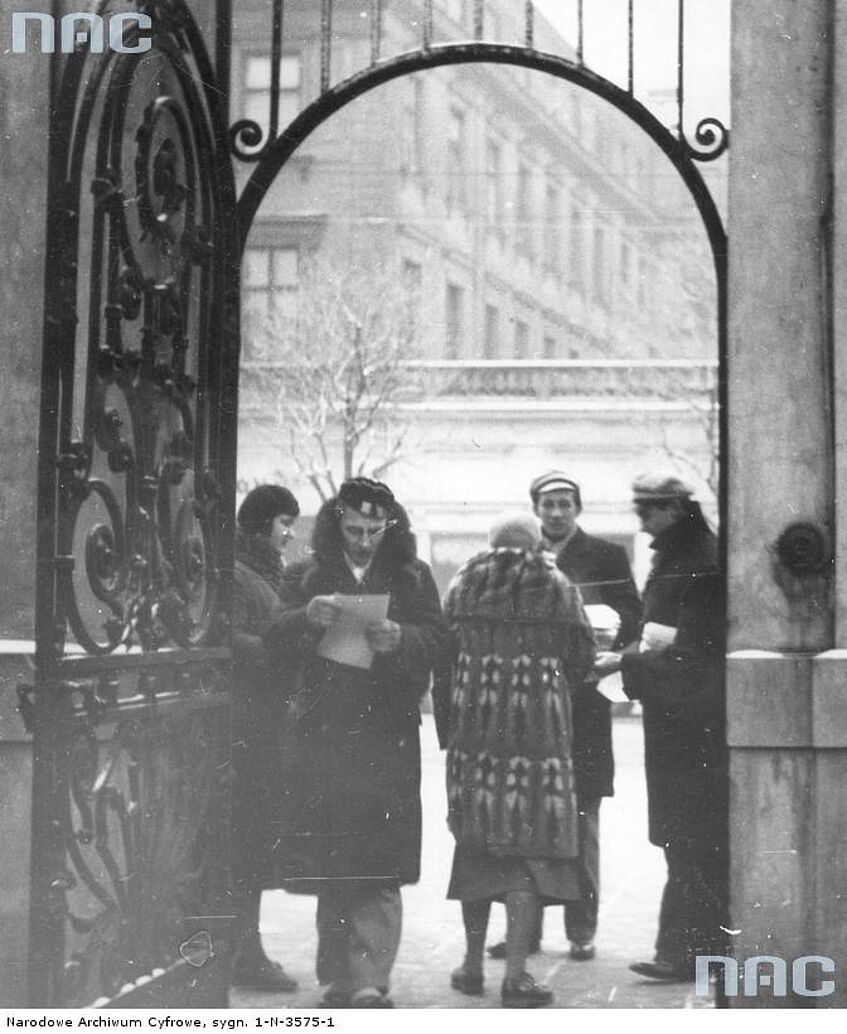
Universities in the Shadow of a Crisis: Far-Right Radicalisation of Students at the University of Warsaw and the University of Vienna in the Interwar Period
Talk by Izabela Mrzygłód (Poln. Akad. d. Wissenschaften, Warschau)
Commentary by Herbert Posch (Inst. f. Zeitgeschichte)
11.01.2024, 11:00-12:30, hybrid (on site: HS des Instituts für Osteuropäische Geschichte (Campus Altes AKH, Hof 3), for online perticipation please register here).
In her talk, Izabela Mrzygłód‘s presents a comparative analysis of the right-wing radicalisation of students at the University of Vienna and the University of Warsaw in the interwar period. The process is analysed through the prism of the political changes that took place in the mutual aid organisations: Bratnia Pomoc and Deutsche Studentenschaft, and the brutalisation of political life in the 1920’s and 1930’s. The talk focuses on antisemitic agenda of both organisations and asks which demands and claims the academic youth put forward to forge collective identity. It examines the political action and violence, as well as socio-psychological mechanisms that stood behind it.
Mrzygłód argues that mutual aid organisations have been a system of reference for many Polish and Austrian-German students. Their activities were a type of self-organization of the Polish intelligentsia and the Austrian middle class, aiming at the creation of a national community based on the categories of ethnic nationalism. The right-wing radicalism was a specific response to the emergence of a nation-state and a crisis of liberal democracy. The inability of the older generation to face up to the key challenges of their time was an invitation for students to political action. Violence, as an acceptable tool in the time of the ‘European civil war’, was a form of self-proclaimed aid to a ‘threatened’ community.
Following the thought of Shmuel N. Eisenstadt, Mrzygłód shows that youth is a binding category, mediating between the micro- and macro-structure of society and, depending on the current conditions, may play a disintegrating or integrating role in its structure. In countries undergoing transformation, such as newly formed Poland or post-imperial Austria, civic relations and social structures were just solidifying or rebuilding and the role of students as future elites was particularly significant. The mechanisms of their reproduction and creation constitute new states and have the power to integrate or exclude whole groups of citizens, which is clearly seen in the comparison of two Central European student milieus.
